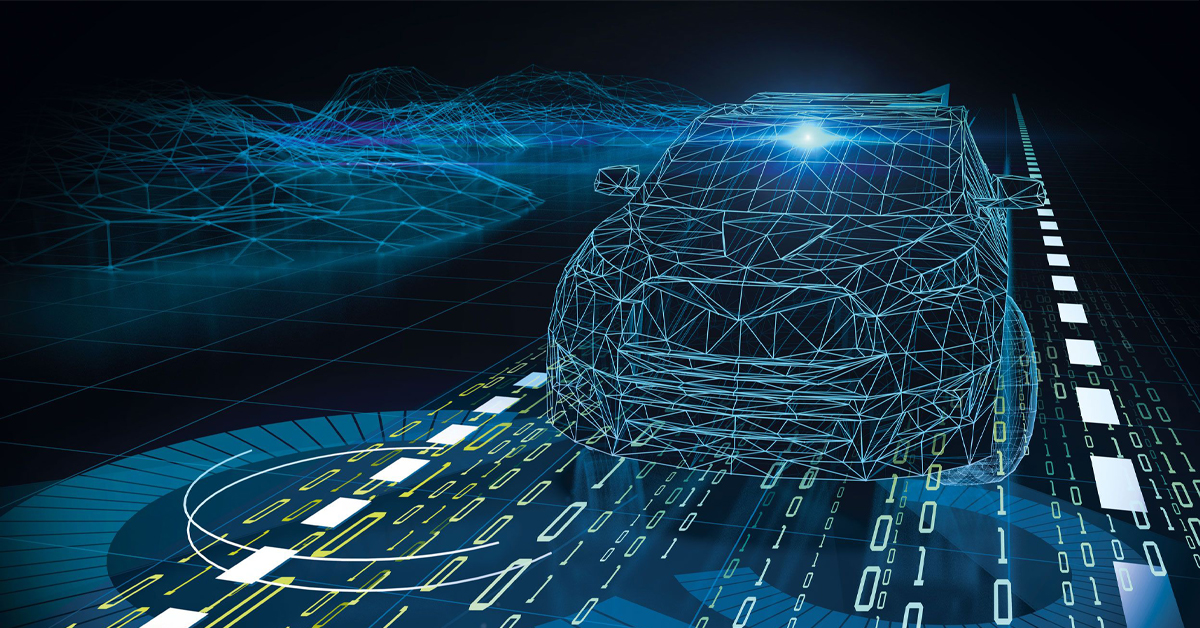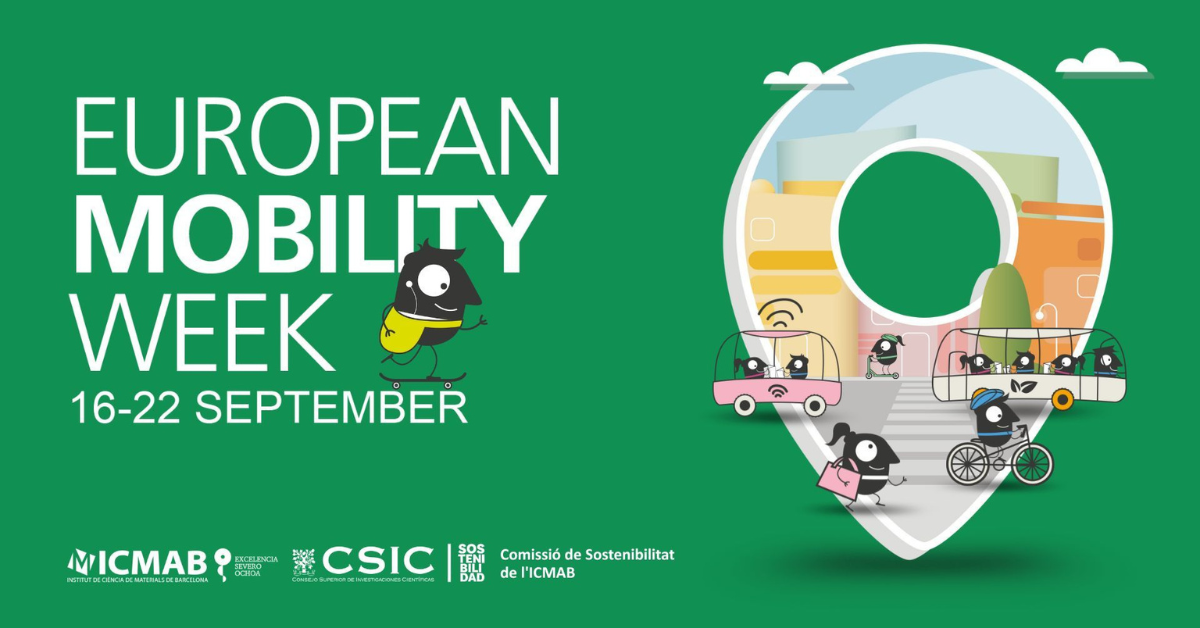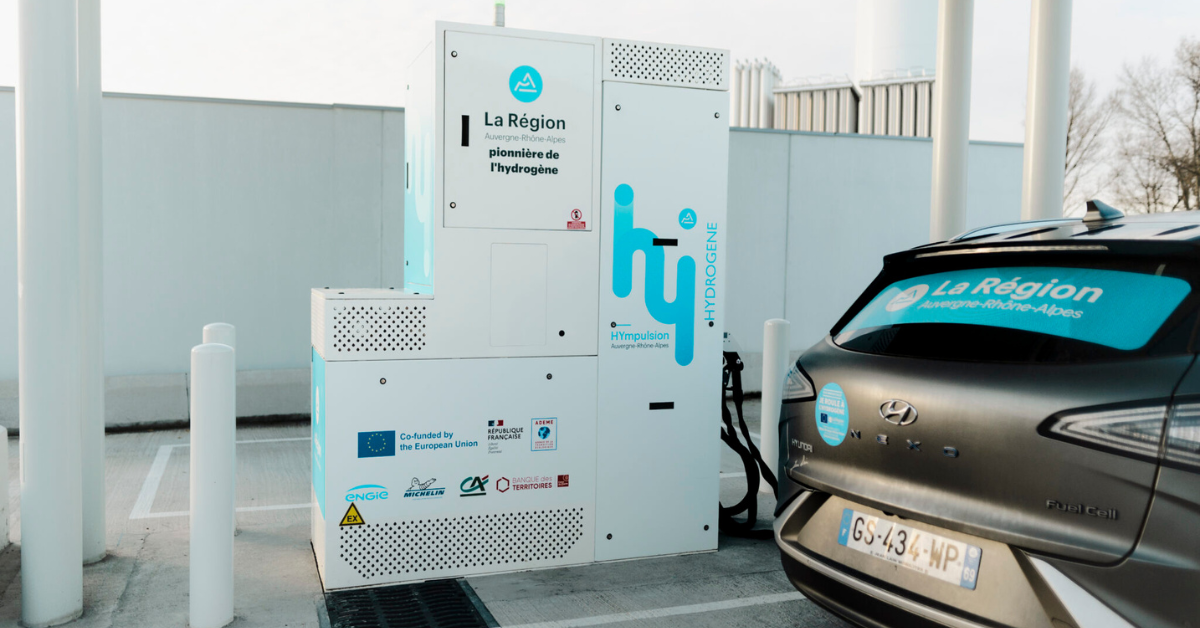The most prominent mobility challenges the automotive industry is facing

Loading component...
Mobility is changing rapidly. Can you shed some light on the main mobility developments you are focusing on in the automotive industry?
“First of all, it is important to realize that the automotive and the mobility sector are coming together more and more, as you can also see in the Automotive Week from 16-19 April 2023. The automotive sector no longer is “just” engineering and producing vehicles, but it is about the vehicle within the mobility system as part of the transition towards a safe, sustainable and smart mobility system. This transition is also the focus in the automotive week: connected, automated and zero emission coming together. The automation part is more coming to a realistic level. Level 5 automation always and everywhere is not realistic for the coming years, but the digitalisation will have a huge impact in the future. In the Automotive Week we address this Tuesday 17 April with the theme: “Mobility in the Digital Society”.
The way towards zero emission on the other hand is going much faster than many would have expected a few years ago. The main problem will not be in the vehicles, but in the charging infrastructure and grid capacity and balancing. These subjects are addressed on the program on Wednesday 19th April: Mobility in a Zero Emission Future. Finally we need the right skills for realizing the transition in the automotive sector. The future automotive sector requires other skills and talents compared to some decades ago. Accounting for 7% of total EU employment, the auto industry provides direct and indirect jobs to more than 13 million Europeans. For all these people, a big transition is coming up. All this will be part of the discussions during the Automotive Week 2023.”
How do you think the automotive industry will evolve in a digital age like this? And how do keep pace with all these digital developments?
Loading component...
What are the most prominent mobility challenges you are currently facing as an industry? And which hurdles do you need to overcome in the next few years to create future-proof automotive solutions?
“First a zero-emission future is a fact and something the automotive sector is prepared and very much willing to contribute to. I believe the automotive sector has changed very rapidly to deal with this challenge. Charging infrastructure however still is a real challenge. Directives from the EU to have a minimum number of charging stations in the public space are very helpful, but I still foresee some challenges ahead especially in the built environment in existing neighbourhoods.
Secondly automation, especially to level 5: Let’s go back to reality and start with the quick wins: using the technology to make vehicles safer and more efficient, without aiming at level 5 in the next coming years. ISA to me is a good example. And let’s focus at the most interesting use cases, such as last-mile shuttles or vehicle automation in (semi)-closed environments, such as ports. We still have many deployment barriers to face, one of them of course being cybersecurity. In the Automotive week demos on yard automation will be demonstrated by DAF Trucks and TNO.
Finally we have to deal with the issue of car ownership. It is becoming clear that all households having one or two cars, is not sustainable in the long run. Concepts like car sharing, shared mobility in general, will become more and more available and accepted by car users. This also will change the business models for the automotive sector.







